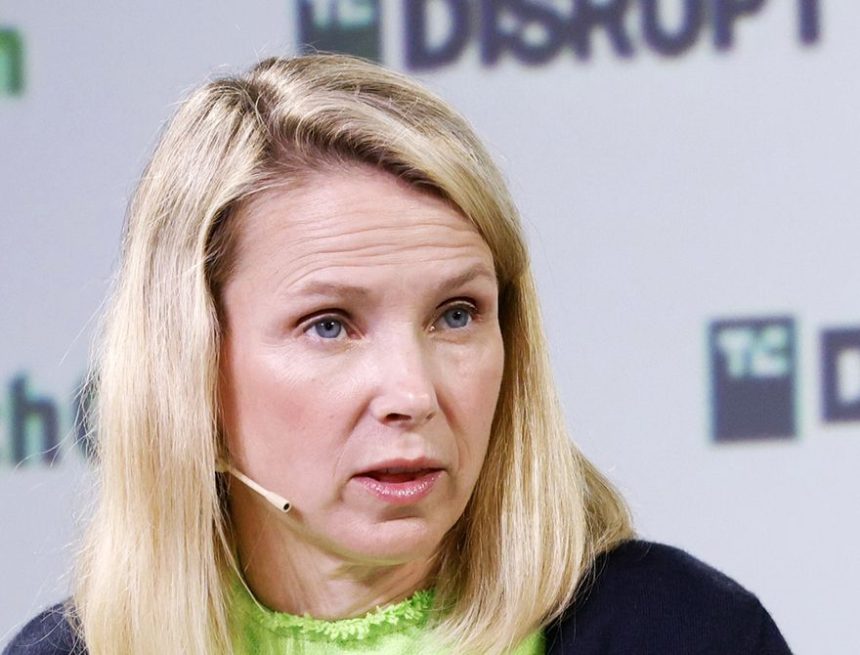However, Futter thinks the move from public to private ownership will shift the source of the ever-present demands for consistently rising profits. “All public AAA companies have overemphasized ‘returning value to shareholders’ over taking care of all stakeholder groups, including labor,” he said. “Now, that will be shifted to keeping the company afloat amidst enormous debt payments and servicing [private equity] owners.”
Saud-EA Arabia
The big wild card that makes this buyout different from others, analysts agreed, was the involvement of the Saudi Public Investment Fund. For the Saudis—who already own almost 10 percent of EA and minority stakes in many other gaming companies—this purchase is “very much about aligning gaming and esports alongside entertainment and sports as key diversification pillars for the Saudi economy,” Niko Partners’ Daniel Ahmad told Ars.
Niko’s research shows that EA’s sports portfolio could be particularly attractive to the Saudis; 33 percent of PC players and 44 percent of console players in the Middle East say the sports game genre is their favorite. Those sports games also fit well with Saudi Arabia’s existing investments in the esports sector, Cole pointed out.
Credit:
Savvy Games Group
But Cole also warned that the Saudi involvement in a major US-based game publisher could draw government attention, especially when it comes to data privacy. “Games can open a Pandora’s Box of consumer info and data collection, and I expect heavy US government scrutiny of the deal, both initially and ongoing,” Cole said.
The Saudi regime’s stringent position on some social issues might also have an effect on the content of some EA games in the future, analysts warned. Futter said that the removal of LGBTQIA-friendly material in the socially liberal Sims franchise would be the “canary in the coal mine” for that kind of content-based meddling.
Van Dreunen said that Saudi Arabia’s investment “has to do with soft power” more than any specific games or content. That could mean relocating some of EA’s operations or events to Riyadh, and “a stronger emphasis on global cultural reach” for EA titles. With Saudi money underwriting the risk, “the pressure to deliver quarterly profits will ease, even as the pressure to deliver cultural relevance increases,” he said.
Whether that will lead the Saudis or EA’s other new private owners to directly meddle in EA’s day-to-day operations, though, remains a question. “The best case scenario is that the private equity firms leave the company alone and let leadership move forward as the experts,” Futter said. “Leveraged buyouts are wildly risky (see: Toys R Us), and the only winners in situations like that are the PE firms.”


